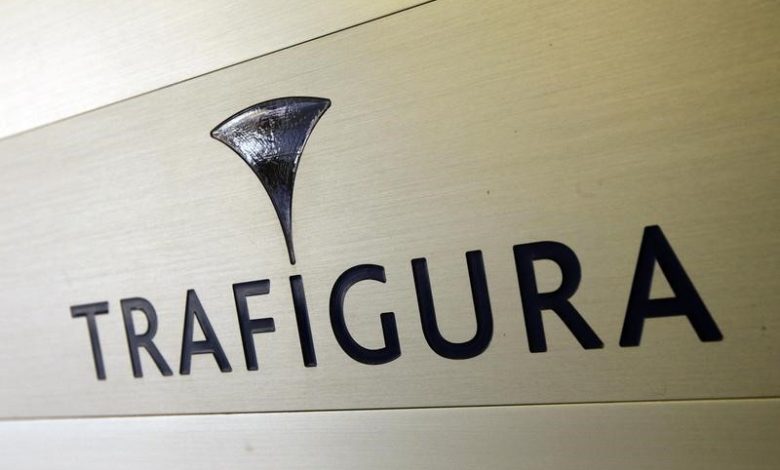
Blockchain Benefits Remain Unclear for Most Commodities Trading, Says Reuters
By Julia Payne
LONDON – In the past two years, commodity firms and banks have actively engaged in blockchain pilot projects. However, a report from Boston Consulting Group (BCG) suggests that the excitement surrounding the technology’s potential applications in trading may have been overstated.
Initially developed as the backbone of cryptocurrency, blockchain is perceived by some as a remedy for inefficiencies in trading, enhancing transparency and mitigating fraud risks. Yet, BCG argues that its promise has been overstated.
Blockchain operates as a high-tech ledger, utilizing a shared database that updates in real-time, allowing for transaction processing and settlement in minutes without requiring third-party verification. Despite the enthusiasm, the volume of trades conducted through these various initiatives has remained minimal, and it is premature to assess when this might reach a critical mass.
"There are numerous pilot schemes, but none have transitioned into large-scale production systems yet. A key challenge is that blockchain is not inherently designed for physical trades. The core issue is how to track a tangible asset in a digital environment – it’s a clash of two worlds," stated Antti Belt, co-author of the BCG report.
Several barriers hinder the scalability of this technology, including the need for consistent terminology and the justification of the financial investment necessary to transition to a blockchain system. "The industry is quite traditional, and everyone uses different terminology. Questions around defining quality and shipment schedules lead to a significant amount of reconciliation between parties," Belt noted. He also pointed out that many firms have invested heavily in their existing IT systems, often exceeding $100 million, leading them to question the desire to undertake such expenses again.
Additionally, there is uncertainty about traders’ willingness to adopt a technology that could further squeeze already narrow profit margins. According to BCG, as blockchain platforms develop, they could spell "bad news" for merchant traders, as the price inefficiencies and unequal access to information that they rely on may diminish.
The report indicates that blockchain could enhance transparency and foster a more efficient and liquid market, potentially shifting commodity trading from direct bilateral agreements to electronic platforms that connect buyers and sellers.
Co-author Steven Kok mentioned that interest in broader blockchain adoption is likely to emerge from applications focused on certifying asset sources, such as diamonds, rather than on efficiency gains.
In a notable instance, De Beers tracked 100 high-value diamonds from mine to retail using blockchain in May, marking a pioneering effort to eliminate fraud and exploitation in the supply chain.
Nevertheless, major companies and banks have explored blockchain’s applications across various commodities, including power, diamonds, food, and oil. In a significant move last year, a consortium involving several major banks, trading firms, and producers, including BP, Equinor, and Royal Dutch Shell, announced plans to develop a blockchain-based platform expected to launch by the end of 2018.
Separately, commodities trader Trafigura partnered with IBM and Natixis to establish a blockchain platform for the oil market. Leading agricultural traders, such as Louis Dreyfus Co, have also experimented with blockchain technology for ventures involving soybean shipments.
Ultimately, the report concludes that "blockchain may not be the right solution for all market participants."
 GOOGL
GOOGL  META
META 


